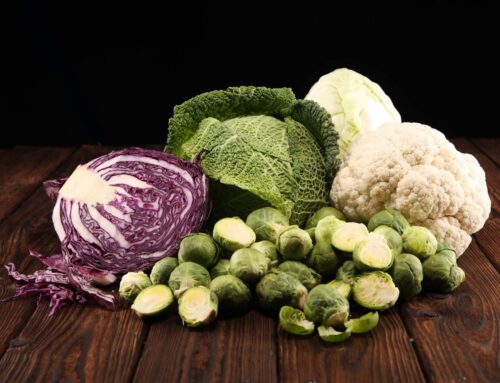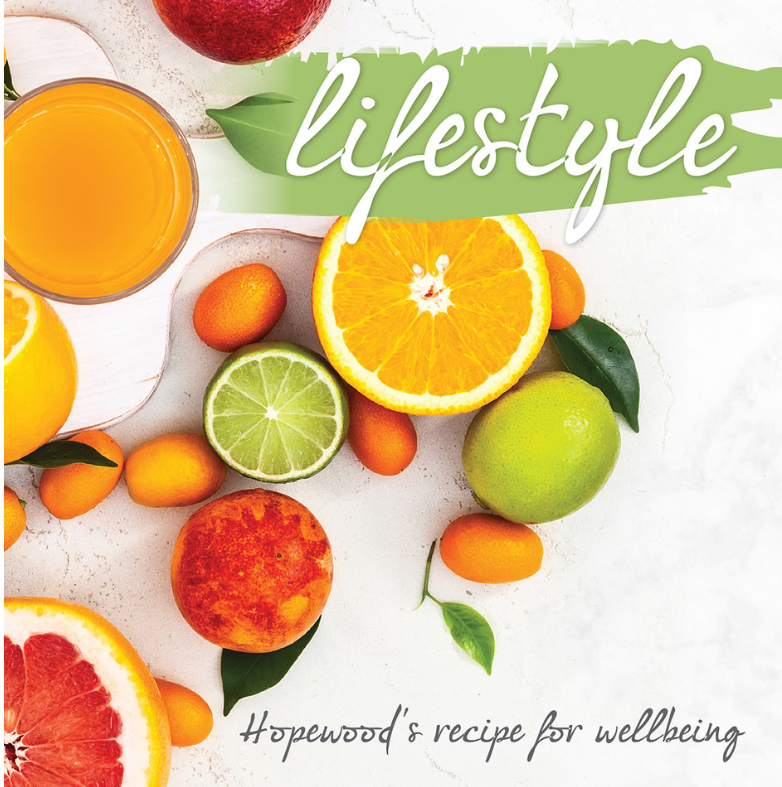The top four questions new vegetarians ask

- What types of food can I eat, other than vegetables, to feel full?
It’s a classic misconception that you need to add chicken to your salad, meat to your stir-fry or steak to your barbeque in order to feel full. This is nothing more than a habitual feeling – you’re unconsciously telling yourself that a meatless meal won’t fill you up!
Scientifically, feeling full has much more to do with the amount of kilojoules you consume, the combination of food types and the rate at which you eat. If your meals consist of the right amount of kilojoules, which can be increased by food like grains, legumes, eggs and starchy vegetables, you combine the right foods, and you eat slowly, then you’ll feel more satisfied, energized and lighter than a steak could ever make you feel.
What’s more, a vegetarian lifestyle will restore your digestive system and keep it firing on all cylinders, so your body’s cycle of feeling hungry and full will be regulated far more efficiently.
- Will I develop an iron deficiency now that I’m not eating red meat?
Once you decide to adopt a vegetarian lifestyle, it’s important to mindfully replace the iron, zinc, vitamin B12, omega3s and protein that meat was previously providing to your body.
There are some powerful super foods like spinach, kale and tofu that supply these nutrients, but do your research and identify the foods that you enjoy eating, best suit your lifestyle AND replace the iron and other vitamins available in red meat.
New vegetarians often mistake a ‘tired’ feeling they might experience when initially removing meat from their diet, as an iron deficiency, but this can often just be your body re-adjusting to its new style of fuel. Remember to consume at least 20% of your diet as complex carbohydrates (more if you do vigorous exercise) and book yourself in for a blood test if the tiredness lasts more than a couple of weeks.
- How do I know I’m still giving my body the right amounts of everything it needs to be in its best condition?
When you cut out a food group like meat, you may initially find yourself overcompensating with other groups, rather than replacing the same nutrients that meat was previously providing. While a vegetarian lifestyle offers significant wellbeing benefits, you do need to actively re-learn eating habits to ensure you’re taking in the right amounts of the right food groups.
A classic challenge many new vegetarians face is thinking they need to increase carbohydrates in their diet in order to feel full you don’t want to order bacon with your eggs for breakfast anymore, so you are tempted to choose the pancakes instead. Your regular meat and vegetable stir-fry doesn’t sound filling enough as a vegetarian meal, so you add extra noodles. Taking this approach is actually not the best alternative and it can be detrimental to your waistline.
Our Hopewood Lifestyle recommends your diet should consist of:
- 60% – 70% fresh fruit and vegetables
- 20% – 25% complex carbohydrates (depending on your personal energy requirements regarding exercise)
- 10% – 15% concentrated protein
Ultimately, a vegetarian lifestyle is only a healthy lifestyle if it’s balanced, so take some time to get to know this new way of living and work out the best recipes and combinations to keep your body in top condition.
For 100 vegetarian recipes that are mouth-wateringly delicious and easy to prepare at home try our recently published Lifestyle – Hopewood’s recipe for wellbeing.
- Will I have trouble finding something to order when I eat out?
If you don’t want to ruin ‘date night’ or your weekly catch up with the girls by restricting them with your vegetarian lifestyle then all you need to remember are the two C’s – choose and chat.
Delicious vegetarian options are usually determined by where you go. So put yourself forward as the one to choose the restaurant and do your research beforehand.
And if your partner wants to make the arrangements, let them know you’re vegetarian in advance or give them a couple of ‘favourite restaurant’ suggestions where you know there will be plenty of vegetarian options.
Once you’re at the restaurant, it’s up to you to chat. Strike up a conversation with the waiter or chef and ask them about the vegetarian options. Often the chef will be flexible about swapping in and out different ingredients to suit your needs. They can also advise which vegetarian dishes are lower in fats.
And don’t feel worried that you’re being painful. Vegetarianism is a highly accepted and accommodated choice at most restaurants today, and if you’ve chosen the restaurant wisely, there will be plenty of delicious options!









